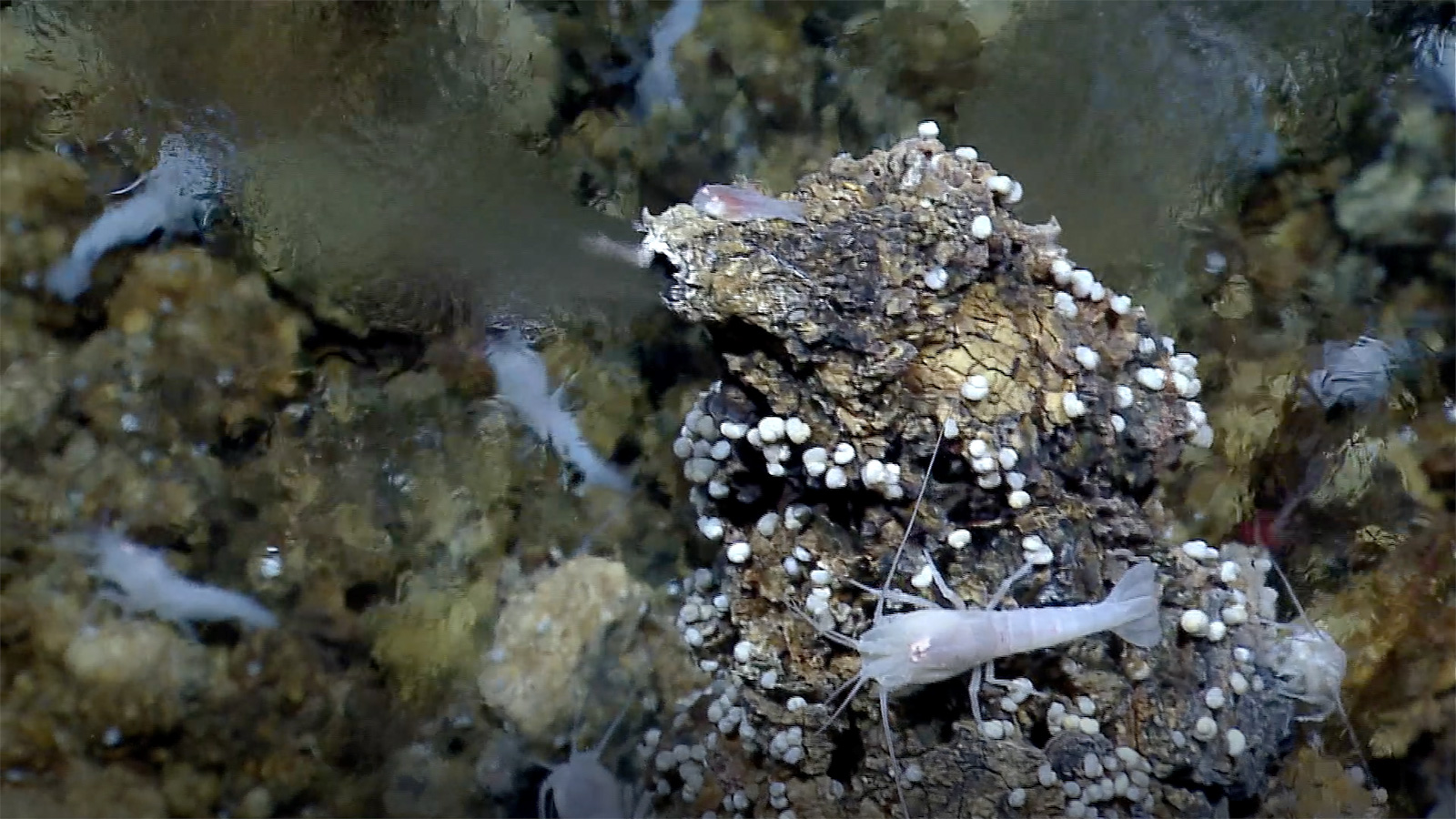I was thinking, since chaos is deterministic, its reasonable to wonder if what we perceive as random is in fact not random. So the emergence of complex life structures from (apparent) randomness might actually be something very different.
Chaos arises from an extreme sensitivity to initial conditions so - might God have created the universe, chosen the constants and set the initial conditions to precisely the values needed for life to emerge?
lol
Many people have tried to show the non randomness of randomness. No one has yet suçceeded.

That's because randomness isn't a "thing", it"s a way of LOOKING AT "things"
The reductionist view of chaos is not useful. Because at some point it becomes impossible to MEASURE the initial conditions. Much less control them
One of the basic principles of probability theory is you can't see the other side of the distribution. You can't look beyond the veil, much like we're limited by Heisenberg's uncertainty. Probability formalizes that concept, it actually FORBIDS you from looking, or even trying.
However topology allows us to construct MAPS between metric spaces. And since every deterministic system is homeomorphic to a stochastic system, probability becomes a universal metric
Stochastic topology is a brand new field, relatively speaking. So far the giants are Renyi and Paul Erdos.
Random manifolds are one area, topological optimization is another, and surely you've heard of Kitaev and his anyons. The hot new ticket is phase transitions and their relationship to criticality, which is important in everything from brains to weapons.
Here, check this out, it's a nice survey, very accessible, and current.
